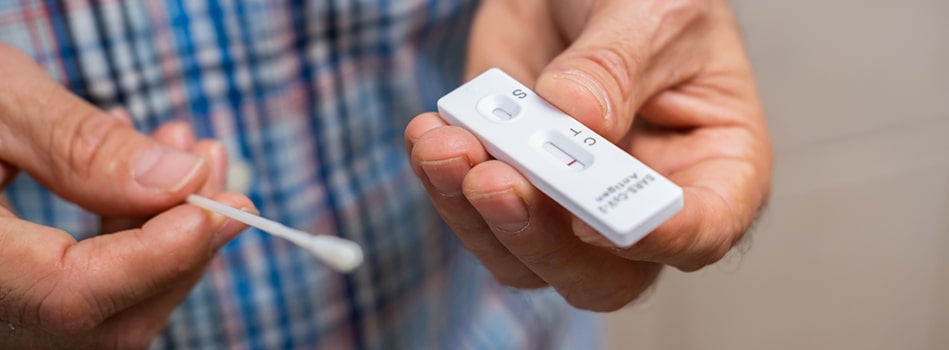Call Now
Address
- Kalyan IVF Centre ,Baradari Crossing,Morar Gwalior 474006

Male infertility is a condition that affects a significant number of couples around the world. In this brief guide, we’ll explore the key aspects of male infertility, including its causes, diagnosis, and treatment options.
Infertility is defined as the inability to conceive a pregnancy after a year of regular, unprotected intercourse. It can affect both men and women, and sometimes, a combination of factors from both partners can contribute to infertility.
– Primary infertility: When a couple has never been able to conceive, despite trying for at least a year.
– Secondary infertility: When a couple has previously conceived a child but is unable to do so again, often without a known cause.
If you are experiencing difficulty conceiving, it’s advisable to consult a healthcare professional or fertility specialist if:
– You have been trying to conceive for a year without success (primary infertility).
– You have previously conceived but are unable to do so again (secondary infertility).
– You have known risk factors or symptoms of male infertility, such as a history of testicular injury or surgery, sexual dysfunction, or hormonal imbalances.
1. Sperm Issues: Abnormal sperm count, motility (movement), or morphology (shape).
2. Ejaculation Problems: Conditions that affect the ability to ejaculate, such as retrograde ejaculation.
3. Hormonal Imbalances: Disruptions in hormonal regulation can affect sperm production.
4. Genetic Factors: Inherited genetic conditions or chromosomal abnormalities.
5. Varicocele: Enlarged veins in the scrotum can impact sperm quality.
6. Infections: Certain infections can damage the reproductive system.
7. Environmental Factors: Exposure to toxins, radiation, or heat can affect sperm production.
– Semen Analysis: Evaluates sperm count, motility, and morphology.
– Hormone Testing: Measures hormone levels, such as testosterone and FSH.
– Physical Examination: Assesses the reproductive organs for abnormalities or blockages.
– Genetic Testing: Identifies genetic issues that may affect fertility.
– Scrotal Ultrasound: Examines the scrotum and testicles for structural problems.
– Post-Ejaculation Urinalysis: Checks for retrograde ejaculation.
1. Lifestyle Modifications: Improving diet, exercise, and reducing stress.
2. Medications: Hormone therapy or antibiotics for infections.
3. Surgery: Correcting physical issues like varicoceles or blockages.
4. Assisted Reproductive Techniques: Such as intrauterine insemination (IUI) or in vitro fertilization (IVF).
5. Donor Sperm: Using donor sperm in cases of severe male infertility.
6. Counseling: Emotional support and counseling to address the psychological impact of infertility.
Male infertility is a treatable condition, and many couples successfully conceive with the right diagnosis and intervention. If you are concerned about male infertility, consulting a healthcare professional or fertility specialist is the first step toward understanding your specific situation and exploring potential treatments.

Kalyan IVF center supports countless couples in realizing their dream of parenthood. Our dedicated team guides and assists them throughout the journey.
Kalyan IVF Centre ,Baradari Crossing,Morar Gwalior 474006
© 2023 Kalyan IVF . All Rights Reserved